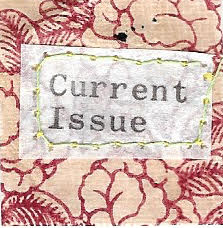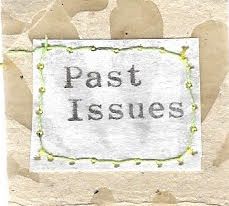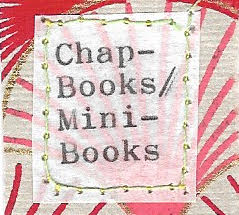Emily Bowden
Art Memo: NEU!
As a dancer, nothing excites me more than instrumental music. When I go to a dance competition there’s always people doing solos and they always move on the words of the song instead of the intricate melodies underneath. I never understood why. This is what I like about music that puts the lyrics on the backburner. The audience is still getting the experience of the words, but they function more as a commentary to the story the music itself is telling. One of the front runners of this experimental genre of music was NEU!
In 1971, the trio that was Kraftwerk disbanded once and for all, as NEU! was created. Klaus Dinger and Michael Rother are credited as pioneers in experimental rock in Germany, and not without reason. Their music had huge impacts on electronic and punk music both in their country and worldwide. Though they disbanded in 1975 after completing only three albums, an album was produced a few years later entitled “BRAND NEU!” which featured artists who felt that their work was influenced by NEU!
My choice to analyze NEU! makes sense to me in retrospect. I spent a large portion of my life studying music seriously, causing me to be excited by instrumental versions of songs rather than the lyrics. Listening to a lot of the music from this time period has shown me the parallels between the classic pieces I spent so much time with and the less melodic, instrument- focused pieces of the punk-into-EDM era.
For example, listening to NEU!s more well known song “Hero,” I immediately noticed the focus on the instrumental as opposed to the lyrics. This separated the genre from most mainstream songs, where there is a focus on the lyrics. NEU! Relied more on the music itself to tell the story, and that comes across really clearly. And with their lack of resolution in the chords, the story the music is telling comes off as angst-ridden and hurt.
This matches with the lyrics of the song, which I personally had to Google because I could not hear them clearly enough in the song. The bridge has the line “Fuck the press / Fuck the program / fuck the press / Fuck the company, fuck the company.” This fits into punk ideologies by showing a disconnect from everyday society (the “press”, the “program”, etc). Furthermore, there is a lyric that says “Your only friend is music” showing both the separation between people who participated in punk and those around them, coupled with the movement’s reliance on art.
Even without the lyrics, the music still conveys a message of desperation and detachment from mainstream society. This is what I think is most interesting about the songs from this genre and time period-- the lyrics are not the sole carrier of the message. NEU! was revolutionary because they began the bridge from punk music into electronic music.





